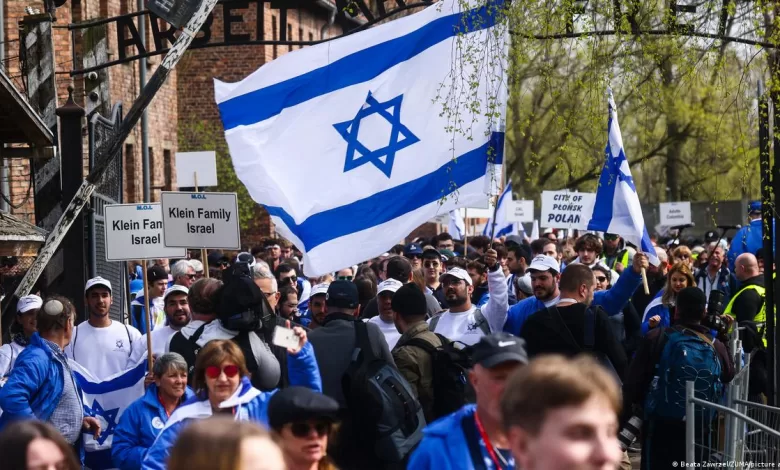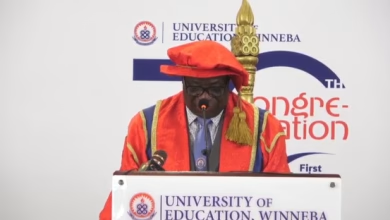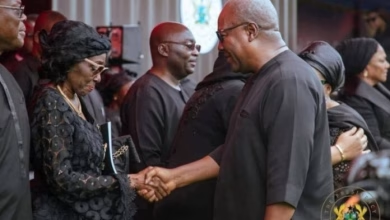Remembrance Day In Israel: A Nation Mourns And Questions Its Future

- Israel's Remembrance Day is a somber occasion,
- Fresh graves lie alongside empty plots at Mount Herzl military cemetery
- This year's casualties are particularly high.
Israel’s Remembrance Day is a somber occasion, marked by both the weight of the past and the uncertainty of the future.
Fresh graves lie alongside empty plots at Mount Herzl military cemetery, a chilling reminder of ongoing conflict.
Heavy Toll of War
This year’s casualties are particularly high. The Ministry of Defense reports over 1,600 deaths: 826 security personnel and 834 victims of terrorist attacks, primarily from the recent conflict with Hamas.
Prime Minister’s Address
Prime Minister Benjamin Netanyahu delivered a speech acknowledging the sacrifices made. He framed the war as a fight for Israel’s survival against Hamas’s “monstrous” actions, justifying continued military action. However, his tone was less belligerent than usual, perhaps reflecting mounting domestic pressure. He cited a wounded soldier’s plea to “continue until the end” as justification.
A Father’s Grieving Perspective
Doron Perez, whose son Daniel was killed, exemplifies the unwavering support some families hold for the war effort. He sees it as a fight for Israel’s very existence, a necessary sacrifice echoing the 25,000 soldiers who have fallen since the nation’s founding.
Dissent Emerges
Despite such support, national unity is fracturing. Growing questions and divisions surround the war’s goals and outcomes. Israel’s re-entry into previously cleared areas of Gaza, with more Israeli casualties, fuels public concern. Palestinian casualties barely register in the national discourse.
Losses Beyond the Battlefield
Robert Baruch, mourning his daughter Rebecca, reflects a broader sentiment. He worries about the long-term cost of the war and the lack of a clear path forward. The continued detention of over 130 hostages further complicates the situation.
Military vs. Political Leadership
Lt. Gen. Herzi Halevi, Israel’s military chief, acknowledges the burden of responsibility for the attacks’ victims. In contrast, Netanyahu focuses on praising the military while remaining silent on potential failures in leadership. Accusations against him include allowing Hamas to strengthen and intelligence lapses. Some view his continued war focus as motivated by political self-preservation.
A Nation at War Within
Israel grapples with a two-pronged battle: a military conflict in Gaza and a burgeoning political one at home. Remembrance Day serves as a stark reminder of the human cost, while also exposing the deep divisions over how to ensure Israel’s future security.






